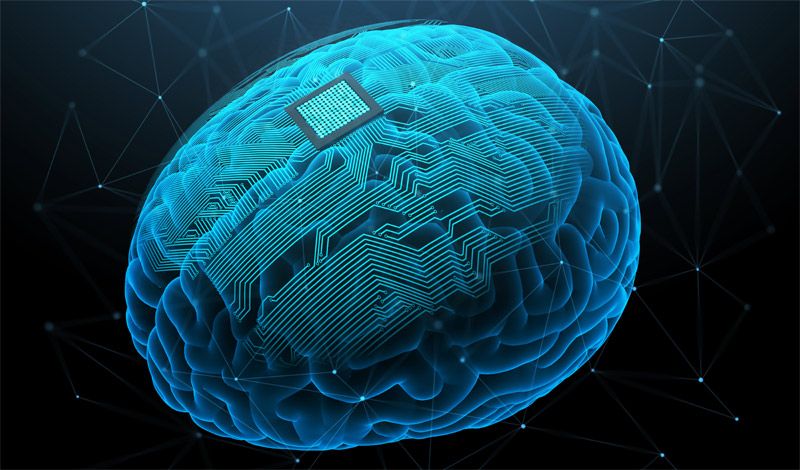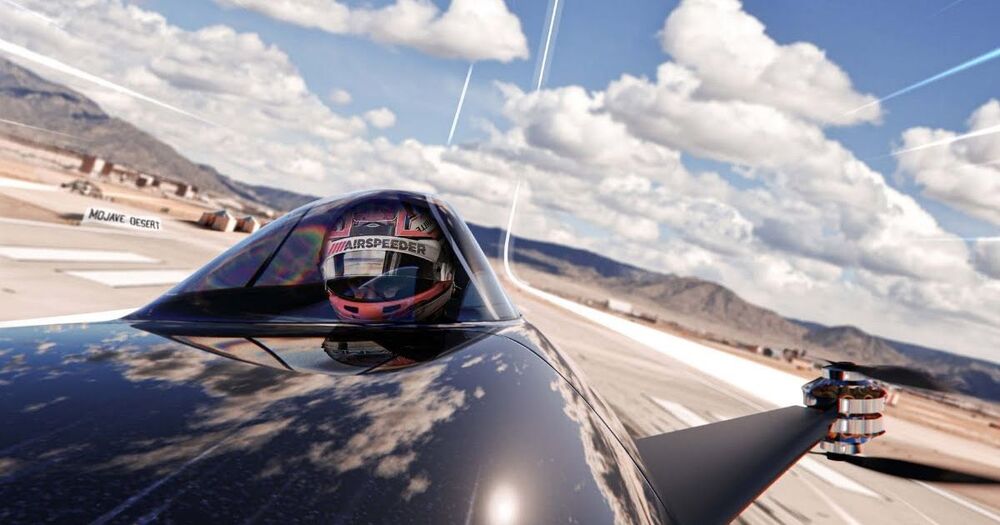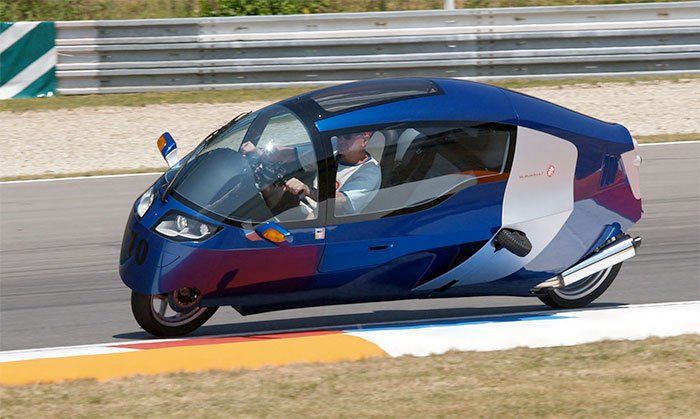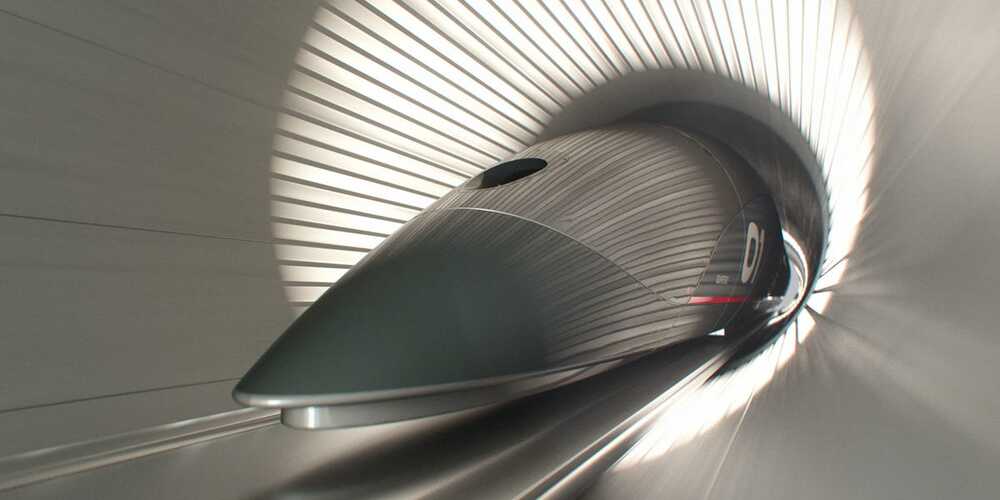At a time of fast-paced drone proliferation, militaries around the world are actively pursuing research and development in swarms.



In the coming Age of Superintelligence [and automation] everyone should be entitled to social dividend, “free” money such as UBI, just for being alive. We should not forget that the wealthiest of us would not be as fortunate without civilization. Otherwise, Jeff Bezos would have to forage for food in the Amazon jungle all by himself. Being a human today is more than enough of a fair contribution to receive free money from the government. Going forward we’ll see more and more prominent voices vouching for UBI.
#HybridEconomy #UniversalBasicIncome #UBI #BasicIncome #SocialDividend #TaxWallStreet #WealthTax #InheritanceTax







Facilitating Novel Health-Tech and Bio-Medical Innovations For Over 9 Million Veterans — Dr. Rachel Ramoni, Chief of R&D, U.S. Department of Veterans Affairs.
Dr. Rachel Ramoni, is the Chief Research and Development Officer of the United States Department of Veterans Affairs (VA), where she oversees their nationwide research enterprise, encompassing some 2000 active projects, at more than 100 sites, with a total budget of $2 billion in both direct VA support, and research funding from outside entities such as the National Institutes of Health, other federal agencies, and nonprofit and private organizations.
The United States Department of Veterans Affairs (VA) is a federal Cabinet-level agency that provides comprehensive healthcare services to military veterans at over 1000 VA medical centers and outpatient clinics located throughout the US – It also provides several non-healthcare benefits including disability compensation, vocational rehabilitation, education assistance, home loans, and life insurance; and provides burial and memorial benefits to eligible veterans and family members.
The VA serves over 9 million enrolled Veterans each year, employs over 377000 people with an annual budget of $200 billion.
Dr. Ramoni earned a Doctor of Medicine in Dentistry degree from the Harvard School of Dental Medicine, as well as a Master of Science and Doctor of Science in epidemiology from the Harvard School of Public Health.